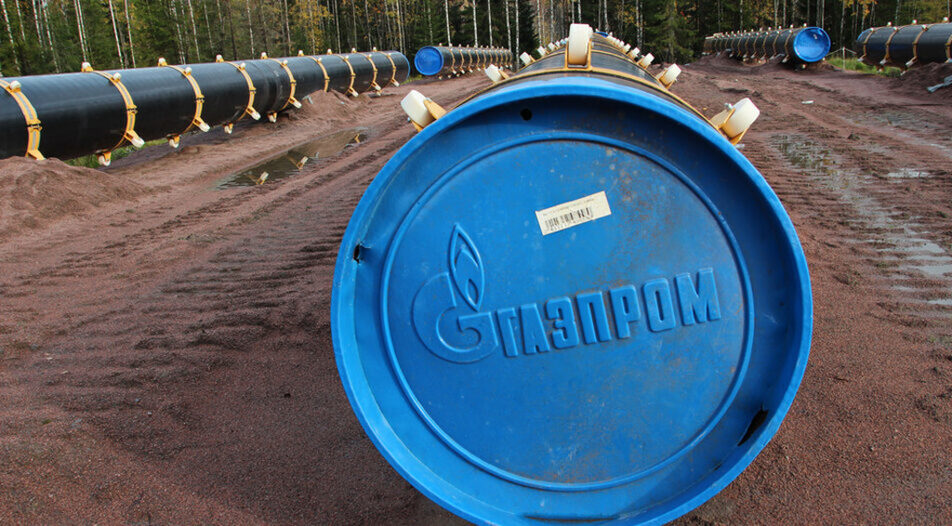Unlike most European countries, Bulgaria is not heavily dependent on natural gas at all. And this is good news as on the evening of 26 April Russia's Gazprom announced that it would suspend gas supplies to the country the following day.
Among the population of some 6.5 million, only around 120 thousand households use gas for heating and cooking, industries also don't rely widely on gas (except for fertilizer plants and glass factories). The biggest consumers of gas are the heating companies. The capital city's heating utility Toplofikacia Sofia alone is responsible for almost 40% of total natural gas consumption in Bulgaria. Two-thirds of consumption is during winter when gas from Chiren gas storage facility is used. This storage can cover up to 30% of daily consumption in the country. Therefore, Bulgaria can relatively easily break its dependence on Russian gas. Annual consumption amounts to 3.2 billion cubic meters (data for 2021), and the planned capacity of the gas link with Greece (whenever it is launched) will be quite sufficient to provide such a quantity.
The alternatives
Bulgaria still has a valid agreement for supply of 1 billion cubic meters of Azeri gas per year, which amounts to one-third of total consumption. A further half a billion cubic meters have already been reserved by various suppliers for delivery through the gas connection with Greece. The remaining volumes can be provided either with additional orders to Azerbaijan (at market price) or with LNG (again through Greece).
However, providing more Azeri gas will be a difficult endeavor. Technically, Bulgaria can import larger quantities through Greece and Turkey, but it needs the consent of Azerbaijan first and then of its southern neighbors. But even if all possible quantities are imported under the agreement with Azerbaijan, they will still cover one-third of domestic consumption. A further 20% can be provided by the Chiren gas storage facility, but this will be enough for no more than a month and a half.
Further alternative gas supplies can flow from Greece - through the Thessaloniki-Kulata connection, and from Romania, through the Giurgiu-Ruse connection. In early May, Bulgarian Prime Minister Kiril Petkov inspected the gas connection to Greece's Komotini and said he was optimistic the route would be ready by the end of June. The tests have already begun.
However, some pipes are occupied by Gazprom: the old Trans-Balkan gas pipeline from Romania through which Bulgaria used to receive Russian gas via Ukraine, and the extension of TurkStream through Bulgaria to Serbia.
But apart from gas, Bulgaria is currently completely dependent on Russia for nuclear energy. The Russian-made Kozloduy power plant can run on Russian nuclear fuel only, although over the years there has been room for modernization and the inclusion of American fuel as an option. For now, there is no risk - the plant is provided with fuel from TVEL Fuel Company, part of Russia's Rosatom, until 2025. It is still not clear whether an option for using alternatives will be provided by then.
Unlike most European countries, Bulgaria is not heavily dependent on natural gas at all. And this is good news as on the evening of 26 April Russia's Gazprom announced that it would suspend gas supplies to the country the following day.












